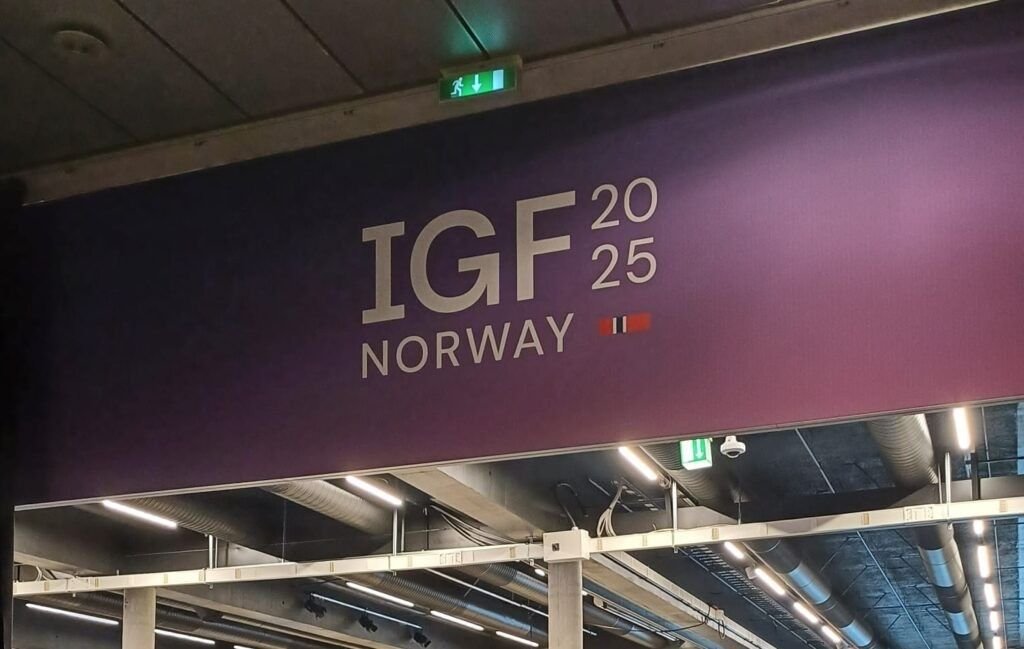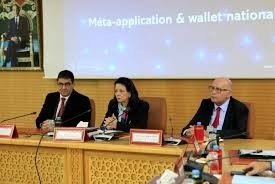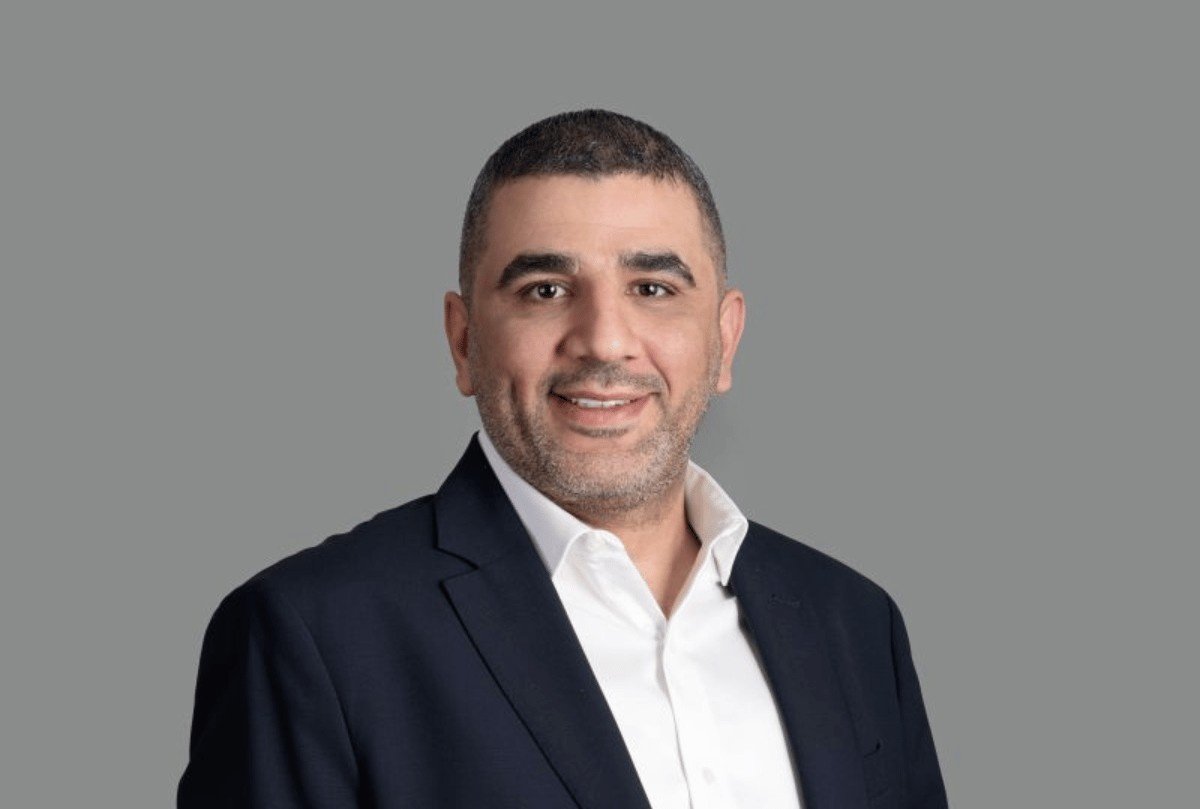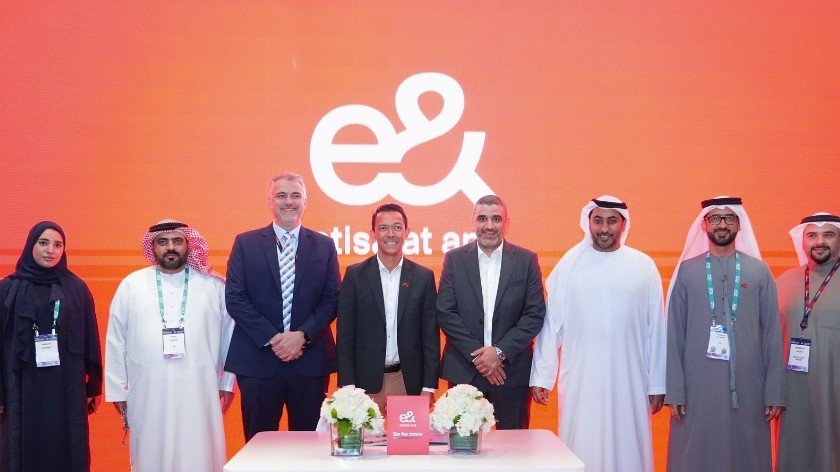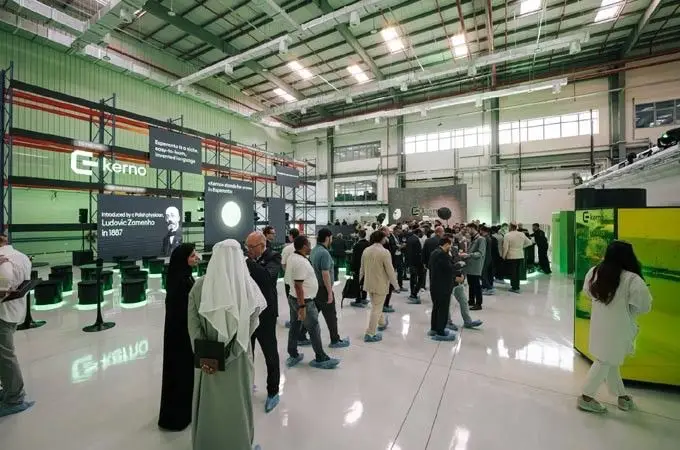At the 2025 Internet Governance Forum in Lillestrøm, Norway, global experts convened to explore strategies for improving the participation of diverse communities—particularly indigenous and underrepresented groups—in internet technical governance. Led by Niger’s Anne Rachel Inne, the session emphasized that meaningful inclusion requires systemic reforms and practical engagement tools beyond superficial representation.
Multilingualism emerged as a key theme, with UNESCO’s Guilherme Canela de Souza framing it as both a fundamental right and a necessity for genuine digital inclusion. ICANN’s Theresa Swinehart highlighted the ‘Universal Acceptance’ initiative, which aims to ensure domain names and email addresses function across all languages and scripts, as a concrete step toward digital equality.
The forum showcased real-world successes, such as Bahrain university hackathons bridging technical expertise with community needs, and Latvia’s international advocacy that elevated the Livonian language domestically. These examples demonstrated how global cooperation can translate into local policy gains.
Challenges discussed included bureaucratic obstacles limiting indigenous participation and disconnects between technical and policy communities. Panelists agreed that collaboration, mentorship, and accessible tools—such as WhatsApp groups and localized capacity-building networks—are vital for progress.
Participants also pointed to UNESCO’s roadmap for multilingualism and ICANN’s forthcoming domain name support program as important opportunities for advancing inclusion.
Closing with a call to action, speakers urged sustained investment in community-led infrastructure and inclusive policies that reflect the internet’s global diversity. The consensus was clear: equitable internet governance is achievable only when all voices—across languages, regions, and technical disciplines—are genuinely empowered and heard.











